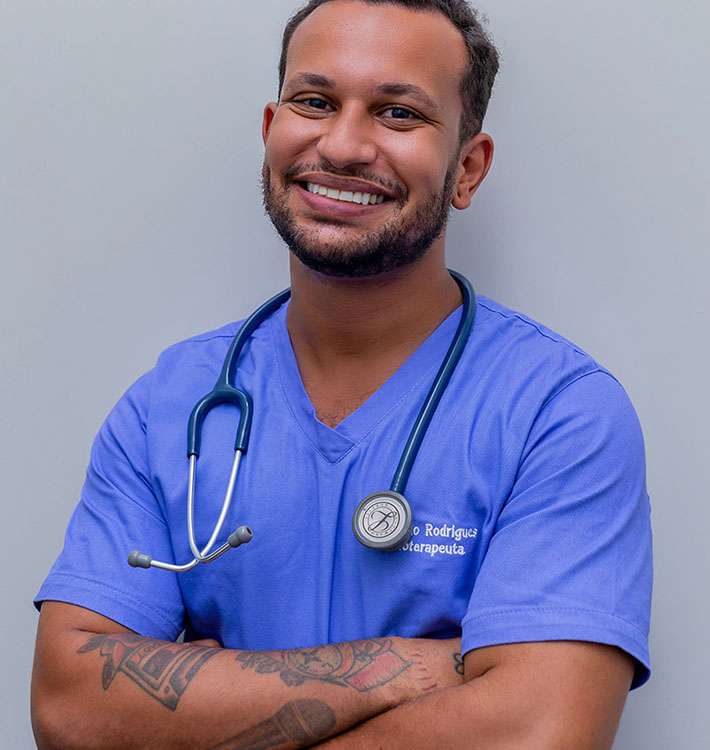In some cases, applying for a provisional license from the Texas Medical Board may seem like the current best path forward for a medical professional. If you’re thinking of applying for a provisional medical license, it pays to do your research so that you know exactly what you need to do and what will be required of you.
Fortunately for you, our medical license defense lawyers are quite familiar with state licensing requirements and can answer many of your questions about the process. Here’s what you need to know if you plan to apply for a provisional license.
What is a Provisional License?
First, you need to know exactly what a provisional license is and how it is applied for. That’s because there are many limitations to it and the application process might be more complex than you might expect.
Let’s look at the limitations first. Obviously, provisional usually means temporary, so you may already know that this license cannot be used forever once you have secured one. In Texas, you can use your provisional medical license for just 270 days. This time period cannot be extended, and you need to apply for the full medical license if you want to continue practicing in the state of Texas.
Additionally, where you can practice is also limited by your provisional license. You can work in a medically underserved area, or MUA, or you can work in a health professionals shortage area, or HPSA. These types of areas, as their names imply, are in need of medical professionals like you, so you can work there even if you do not have your full medical license.
So, you have to find out whether or not the area you plan to serve is an MUA or an HPSA. Fortunately, the Texas Department of State Health Services can help you answer that question. You just have to contact them, and if the area fits the criteria you know that you can practice there with a provisional license.
The Application Process
Even though the provisional license comes with limitations that the full medical license does not, you still must apply for the full medical license if you are thinking about attaining a provisional one. You must submit a full application and pay all necessary fees to get the process started. The fee for applying for a provisional license is $107.
There are a few requirements to meet whether you are applying for a provisional or full medical license. The Texas Medical Board will carefully examine all aspects of your personal and professional life to determine whether you should be licensed. To qualify, an applicant must:
- Have passed a board recognized examination within the required number of attempts
- Submit the information needed to pursue a background check, including a copy of their fingerprints
- Not have a criminal history deemed “unacceptable” by the Texas Medical Board
- Not have a license that has been suspended or revoked in another state or Canadian province
- Not hold a license that’s subject to a restriction or disciplinary order in another state or province
Additionally, someone applying for a provisional license needs to take some additional steps. You must be licensed in good standing in another state. You need the sponsorship of a Texas licensed physician that you may be working with. You also need to show that the area you’re trying to work in is an HPSA or an MUA.
You are also advised to continue working on your full medical license application while you hold your provisional license. There are many forms to fill out and supplements to add to your application, so this takes time. If you do not complete your application before your provisional license expires in 270 days, you must stop practicing until your full license is approved.
Learn more about Licensing Requirements
If you need to learn more about licensing requirements in the state of Texas, we can help. A medical license defense lawyer from BERTOLINO LLP can answer questions you have about the process and what you need to do to defend yourself if a complaint is ever leveled against you. Contact our Austin law office at (512) 476-5757 today.
Call or text (512) 476-5757 or complete a Case Evaluation form





